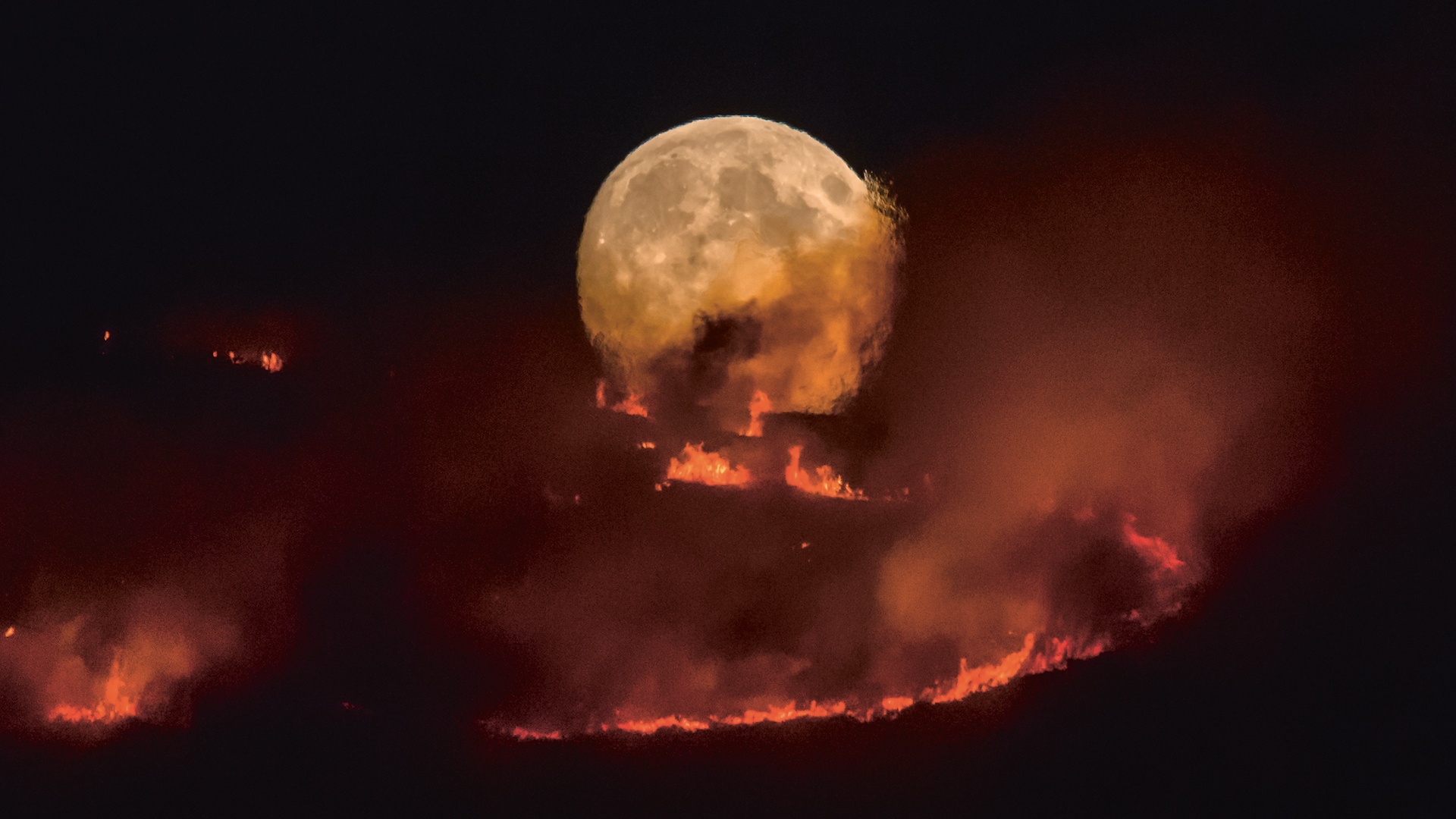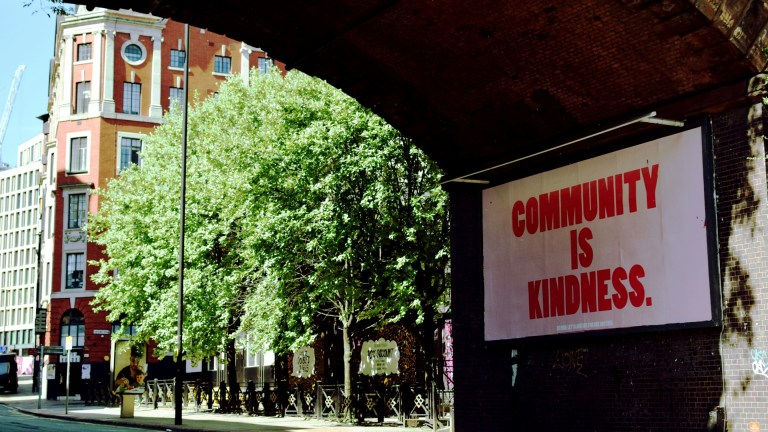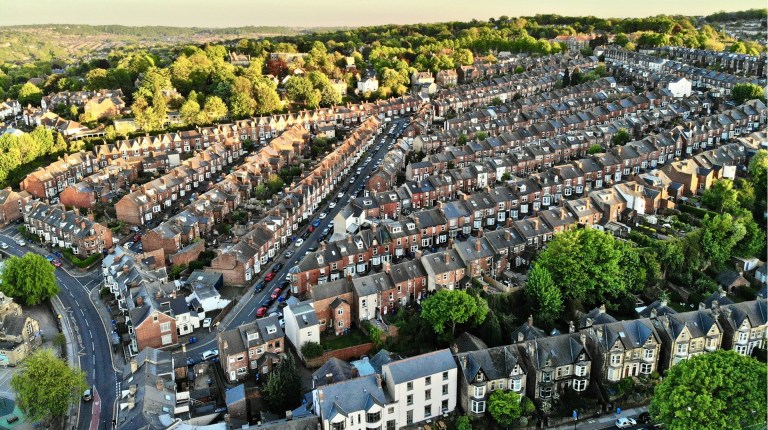Because I’m sitting in a wet Devon field camping, and the trees and grass are abundant, I feel I might have wandered into a Constable painting. One thing you get with John Constable is fecund nature, green and alluring, sparkling in rain or in light sun. The earlier oppressive sun seems to have abated, taking fire with it; or so I hope.
Certainly, we didn’t look like Constable a few weeks ago when Britain sizzled. We looked baked. The weather was reflected in rising knife crime rates and the hot fights around Brexit and racism. A sense of meltdown was in the air.
Artistically, Constable seems in opposition to JMW Turner. And it feels like we have passed through a Turner summer with his heavy reds, and – at times – fire, from industry and modernity. Now we’re in Constable weather and a time of mellow fruitfulness. Hopefully, the debates and disagreements will not be quite so hot, and reasonableness will be sought rather than blood-spilling.
Is it possible to be both a Turner lover as well as a Constable lover? Or is it a divide between the tranquil and the troubled? The verbose and natural. The loud age of machinery and urbanism, and the country lane, the farm and the canal. In a way, the earlier industrialisation of the agrarian world is represented by Constable, and the empire of commerce and Victorian splendour represented by Turner; although Turner (being a clever merchant-painter) stuck in all manner of subjects, including nature and the tranquil.
But step outside the art history arguments and what you have is two different directions for Britain represented 200 years ago by two painters. Constable, a corn merchant’s son from Suffolk, captured the natural world. Meanwhile, Turner, a Covent Garden boy, presented a vision of bold, hot, weather-changing industrialisation. One a good middle-class boy, the other, the son of a barber and wig maker.
This seems to me a summer of Turner and Constable. Recent articles about the vanishing polar icecaps and thawing permafrost gives me the willies as a future world of fire and brimstone beckons. And I can’t stop thinking of how two painters represented two different directions for the country. I love Constable because he seems to see so much about our human nature and about nature itself. Increasingly, I find Turner bombastic and lacking anything other than a good business hand, like the current crop of billionaires. They know what sells and I can’t help but feel jaundiced as I look at Turner the merchant. But 200 years ago, we started moving away from Constable and towards Turner and his merchant capitalist belief in a future of factories and globalism. And possibly, at the end of it, a destroyed world laid to waste by industry and urbanism.











